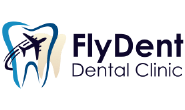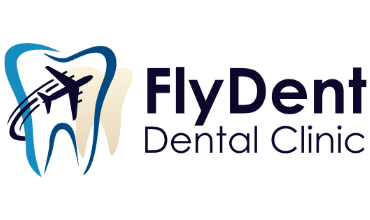Damaged teeth due to drugs
There can be a variety of reasons why someone occasionally or regularly uses drugs that affect their health.
In society, we like to imagine the typical drug user as a junkie: sagging, torn, dirty clothes, wrinkled skin, unkempt hair, staring off into the distance and drooling. However, this image has more to do with politics and moral education than with reality.
For example, anyone who smokes and drinks alcohol puts their (dental) health at least to as great a risk as those who consume illegal drugs. According to the World Health Organization (WHO), alcohol consumption can cause more than 200 diseases and injuries, including mental disorders such as alcohol addiction, non-communicable diseases such as liver cirrhosis, certain cancers and cardiovascular diseases, as well as resulting in violence or injuries in accidents. Three million deaths worldwide each year are due to the harmful effects of alcohol, accounting for more than 5 percent of all deaths.
We do not want to trivialize the negative effects of illegal drugs, but rather just draw attention to the fact that decision-making bodies do not decide whether a substance is illegal based on its health effects. This means that no one should develop the illusion that legal drugs are less damaging to the body. On the contrary!
What makes drugs bad for the teeth?
Based on the latest research, it appears that dry mouth, oral hygiene and the amount of sugar consumed have more to do with it than the direct effect of the substances. (Source)
American researchers compared the oral hygiene of 571 Crystal users with those of non-users of the same age and the results clearly showed that the users’ dental condition was worse. But the question was still not clear why. Among users, those who smoked, injected or swallowed the drug were subjected to a separate study and it was found that there was no significant difference between the groups. Therefore, direct contact of the crystal with the teeth during smoking does not worsen their condition more than when injected or swallowed. Thus, the researchers concluded that it is not the substance itself that is harmful. But what is it then?
One of the well-known properties of drugs is that they attack the central nervous system and produce various sensory illusions. For example, you don’t feel hungry, thirsty or sleepy.
However, as the effects of the drug wear off, the body’s need for sugar increases, leading the drug user to consume large amounts of sugary drinks. The above researchers found that crystal consumers consume 3.5 glasses of soft drinks per day, while non-consumers consume 0.3 glasses.
In addition to sugar consumption, teeth cleaning is an essential part. The tiredness that affects the consumer after the reserves have been used up makes brushing their teeth take a back seat. Drinking sugary drinks and not brushing your teeth is in itself a major attack on your teeth. So the researchers came to the conclusion that failure to brush teeth and visit the dentist is the cause of the appearance of the spectacular “meth mouth”.
Which drug destroys your teeth?
Based on the above considerations, we assume that excessive consumption of drugs (also) causes serious damage to the teeth. Because it is not the drug that destroys the teeth (except with alcohol, where the drug itself contains sugar), but rather the neglected teeth and the “filling” of the emptied body with sugar.
What does the FlyDent Clinic recommend to drug users?
Feel free to visit your dentist. If you feel any prejudice, you should, on the one hand, report it to the relevant authorities and, on the other hand, visit our clinic, where we treat our drug-using patients with 100% care and empathy.
We would be pleased if you would put your trust in us and tell us about your drug use habits so that we can advise you accordingly.
At FlyDent Clinic we approach each patient with the same care, do not judge and always try to find the best solution for all patients, regardless of lifestyle.
Source:
Clague, J., Belin, T. R. & Shetty, V. (2017). Mechanisms underlying methamphetamine-related dental disease. JADA, 148(6), 377-386.


